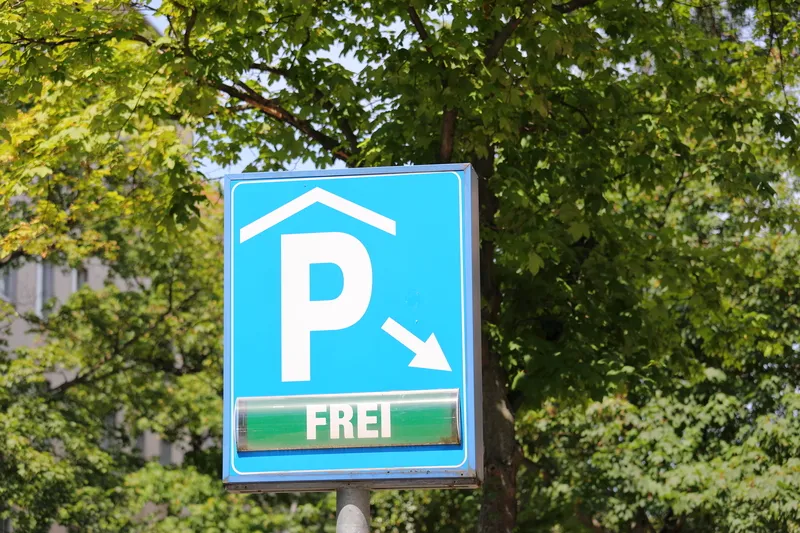
The European Parking Association has signed a memorandum of understanding (MoU) with the MaaS Alliance.
The organisations say their partnership "will support knowledge-sharing and collaboration to create momentum and scalability for sustainable mobility services and Mobility as a Service, and the wide use of data in the mobility ecosystem".
They add that they have "overlapping interests within the field of smart and sustainable transition of cities, societies and industries".
The backbone of MaaS is usually assumed to be public transport - but cars play a part in many MaaS schemes, and the linking of private transport with modes such as trains and buses - for commuters, for instance - may require workable parking solutions.
Common frameworks for MaaS which can be rolled out around the world will be a key focus, the two organisations say.
They will also "support evidence-based policymaking in the field of MaaS and data-driven mobility systems via joint advocacy and awareness-raising campaigns".
The organisations pledge to hold "knowledge-sharing events" including workshops, roundtables, webinars and events for urban mobility stakeholders.









